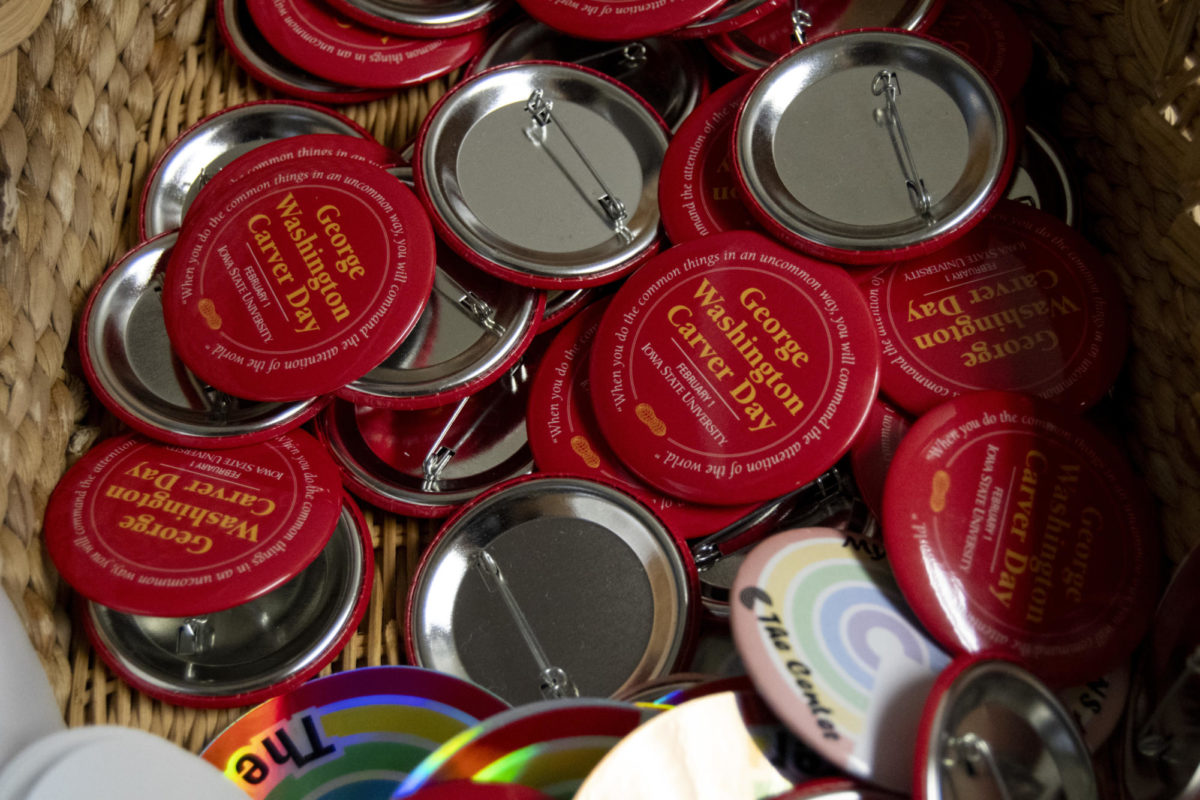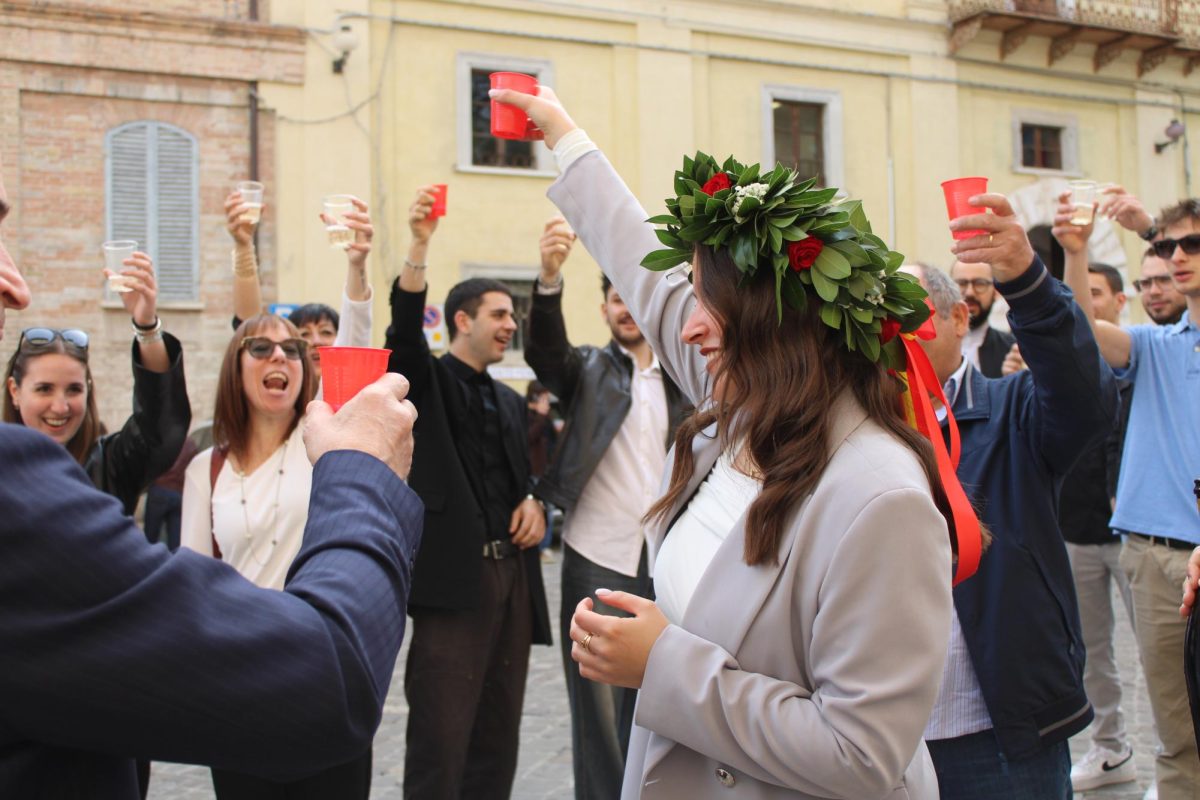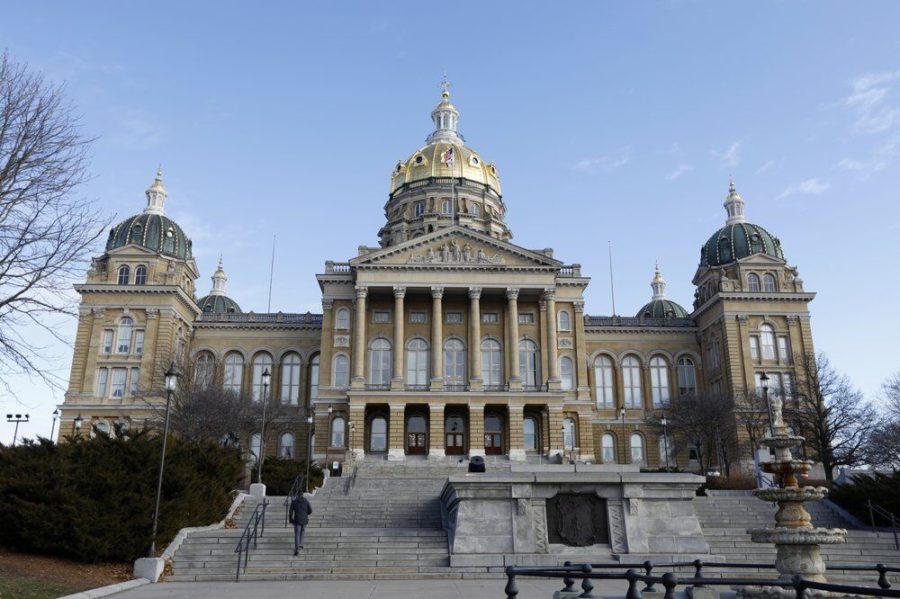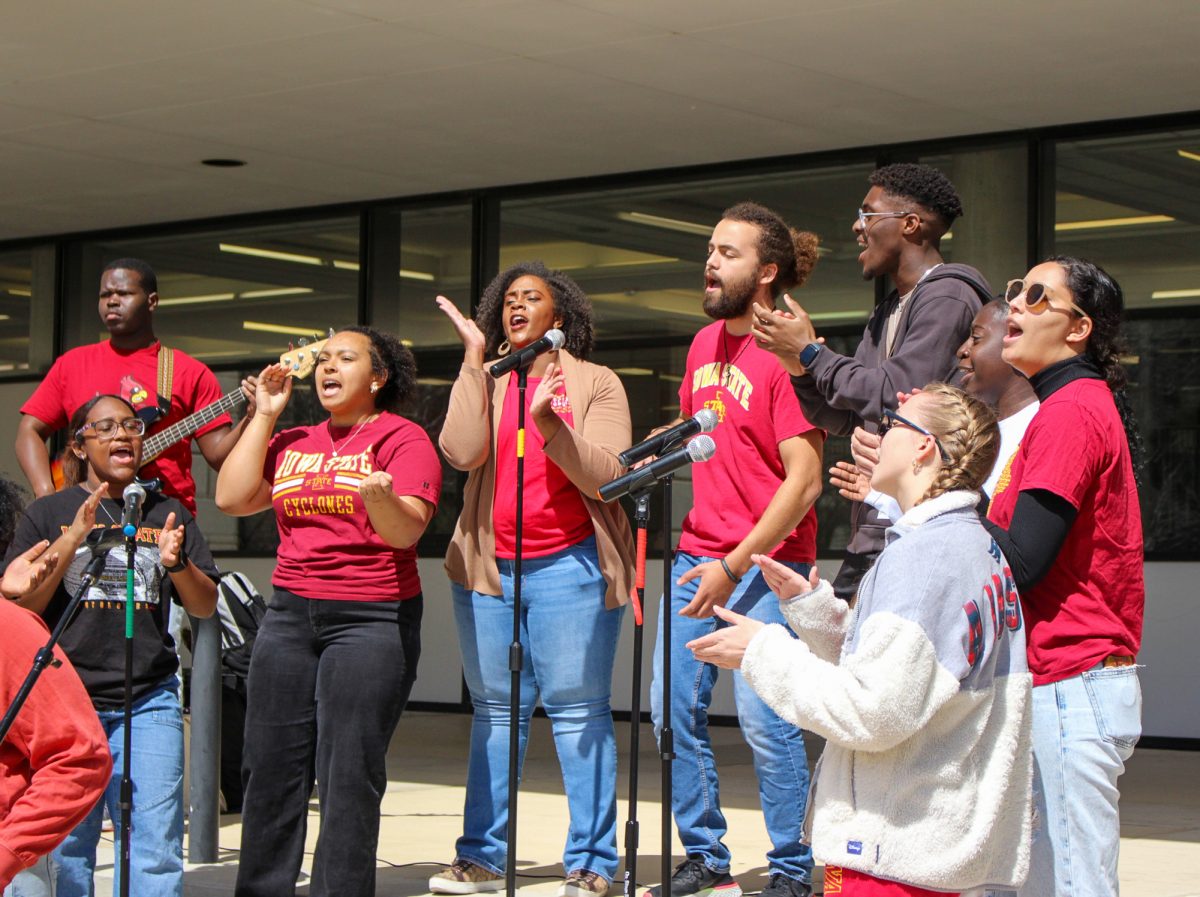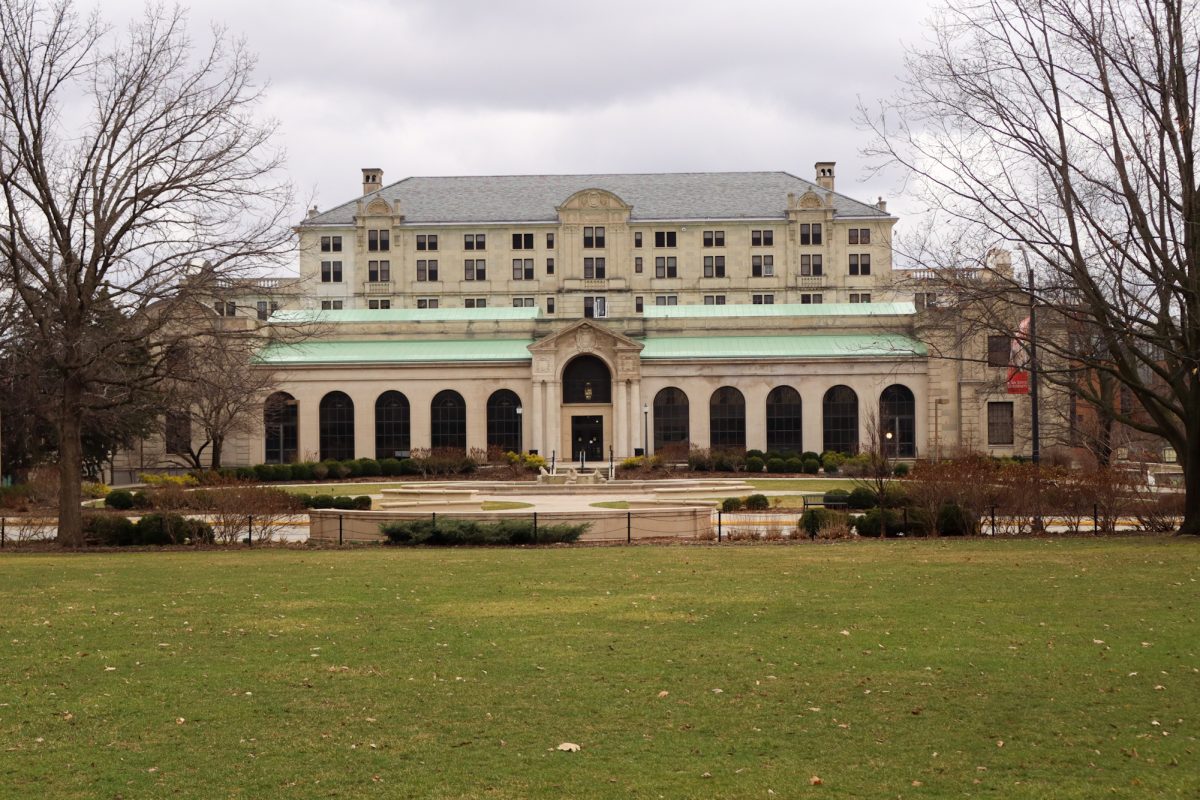The Memorial Union is set to host the second annual George Washington Carver Day of Recognition at 5:30 p.m. Thursday in the Durham Great Hall.
The event will feature a keynote address by assistant Iowa Attorney General and former non-profit executive Paxton Williams, who will speak on the life and legacy of Carver as Iowa State’s first Black student and his time as Iowa State’s first Black faculty member. Williams will also discuss Carver’s contributions to the field of agriculture as an inventor and an innovator.
Born enslaved in 1864, Carver became a pioneer in the agriculture industry with his inventions. At 26, Carver sought higher education in Iowa and chose to study art at Simpson College in 1890 and agriculture at the Iowa Agricultural College, which is now Iowa State University, in 1891.
Carver graduated from Iowa State with a bachelor’s in science in 1894 and a master’s in agriculture in 1896. After graduating, Carver was appointed to Iowa State faculty for his excellence in botany and horticulture. Shortly after, he was invited by Booker T. Washington to teach at what is now Tuskegee University in Alabama. Carver’s research at Tuskegee led to the invention of hundreds of products from Alabama crops, including sweet potatoes, peanuts and pecans.
Iowa State University Museums is also showcasing three campus-wide exhibits that highlight Carver not only as a student but also as an artist, an innovator and a visionary.
“So we’ve honored him in many different ways, but with the art on campus, I think it’s an interesting perspective,” Sydney Marshall, a curator for University Museums, said.
Marshall also noted Carver’s influence on Iowa State’s campus.
“We really tried to highlight all the different ways that the university has honored Carver in the past,” Marshall said. “He really is kind of a big presence on campus, either through art or through the naming of buildings, even many of the objects that we focus on are portraits of other people that Carver had written memories about from when he was on campus.”
The exhibits will be available for viewing by the public from Feb. 2024 to July 2024. For more information, visit the University Museums website.


